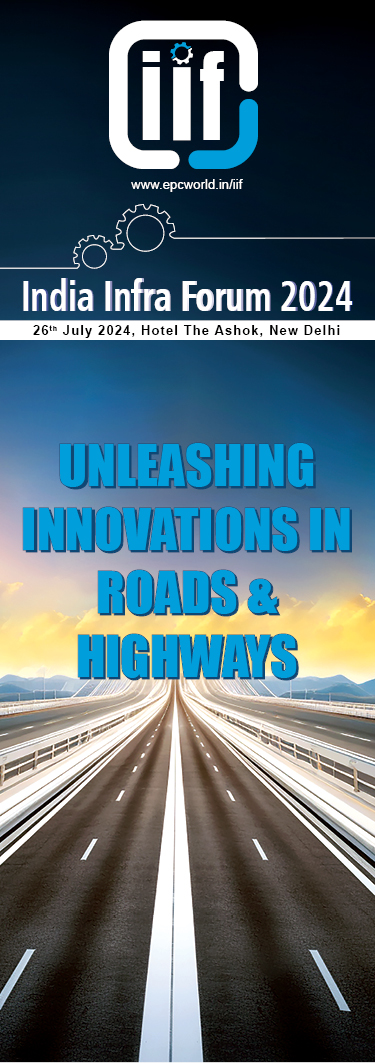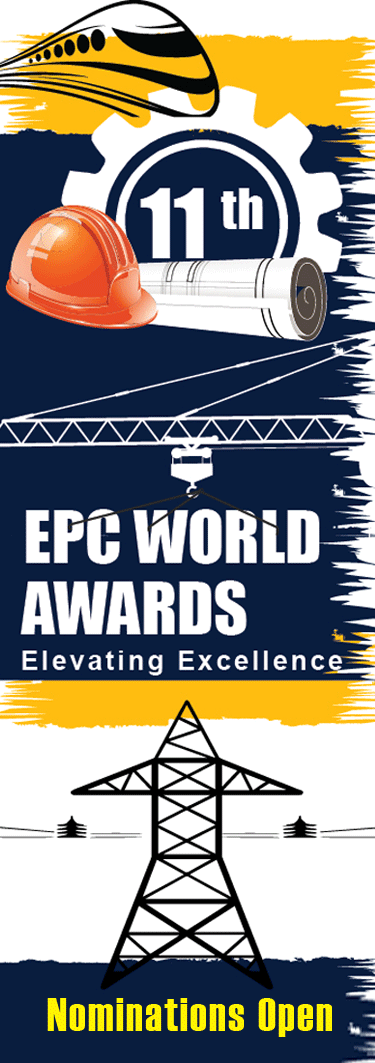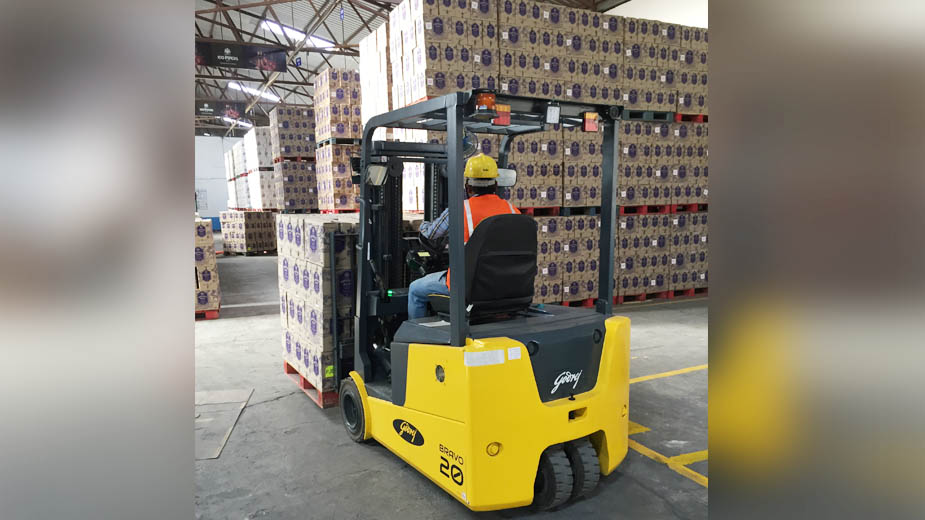- Anil Lingayat, Executive Vice President and Business Head, Godrej Material Handling
Powering a new evolution
Diesel has been the traditional fuel for forklift trucksever since the advent of mobile handling equipment. Diesel forkliftsfind use in many industries and applications till date and will continue to do so due to their inherent ability to handle tough operating conditions and demanding duty cycles. However, over the last 15 years India’s mechanised material handling industry has been transitioning towards using clean and green electric battery-operated forklifts. Whereall types of electric forklift trucks had a 20-25% market share in the early 2000s, today that figure stands at nearly 60%.
Apart from a growing consciousness about climate change, technology advances have changed the economics of electric forklifts. While they require a higher initial investment, electric forklifts are more competitive on ‘Total Cost of Ownership’ basis. Continuous advances in motors and batteries will only tip the scales further in favour of electric forklifts.
Spearheading green technology
Godrej Material Handling, a business of Godrej & Boyce Mfg. Co. Ltd., pioneered the production of electric forklift trucks way back in the 1960s. The current range by Godrej provides users variety in electric forklift trucks, some of which are designed to deliver speed and power almost at par with diesel forklifts. These vehicles combine the quiet and clean efficiencies of electric technology with a power-packed performance, making it a winning package.
An example of Godrej’s ingenuity is the recently launched 3-wheel electric forklift in its Bravo family offering three models from 1.6 to 2 tonne capacity. With speeds up to 15kmph, a 25 percent tighter turning radius than 4-wheel models and lifting heights up to 6 metres, this compact vehicle is the perfect machine to handle goods in tight spaces and in modern warehouses.
The demand for productivity and efficiency
The rapid evolution of India’s e-commerce and retail industries brought focus on the speed of delivery. Whether fashion and lifestyle, online grocery aggregators, electronics, pharmaceuticals, automobiles or white goods, logistics are dependent on lean warehouse operations.
To derive benefits of scale, distribution activitiesrely on competitive warehouse managementprocesses which are all aboutdelivering a higher throughput with the minimum footprint and operating costs. The efficiency of a warehouse depends largely on the space allotted to storage and similarlyfor the movement of handling equipment. This is where the Godrej 3-wheel electric forklift proves its merit.
Godrej also has a wide range of electric fork trucks including reach trucks, articulated trucks, stackers and battery-operated pallet trucks, all of which are specially designed to improve warehouse throughput and efficiency.
Green is good and profitable
Electric forklifts not only improve operator health while reducing pollution,they also boost warehouse cost efficiencies.
The recurring cost of electricity for charging the batteries of electric forkliftsis significantly lower compared to fossil fuel. Periodic maintenance cost is substantiallylower on account of fewer moving parts. Electric forklifts eliminate the need for regular changes and disposal of engine oil and filters, radiator coolant, etc.
AC motors are virtually maintenance free, with robust, heat and dust proof electronic controllers. On-board diagnostics help to identify any issues quickly. Modern, smart chargers prolong battery life. Fewer moving parts mean lower inventories of spare parts. Servicing and maintenance are thus more convenient and economical for electric forklifts.
In terms of safety, electric forklifts offer another advantage. While battery charging and maintenance do need suitable care and good practices, they help avoid the risk of storing flammable diesel fuel.
The electric forklift is a significant advancement for the material handling sector – an exemplification of the axiom that economic growth and environment conservation can go hand-in-hand. Godrej has shown how business efficiencies can be combined with environmental and societal considerations for a win-win situation. As the material handling industry continues its transition towards an electric technology-based ecosystem,it will continue to reap the advantages that come with it.
The author is the Executive Vice President and Business Head, Godrej Material Handling.






